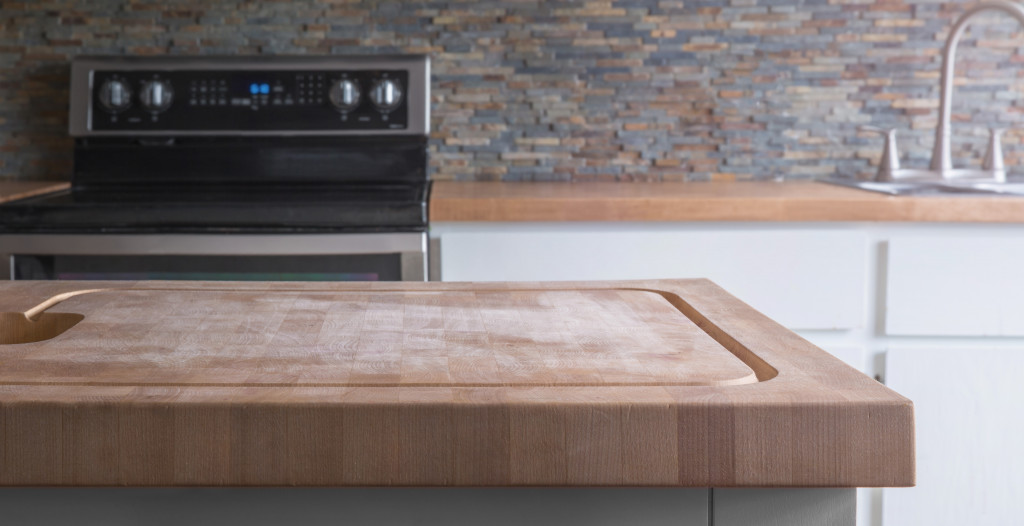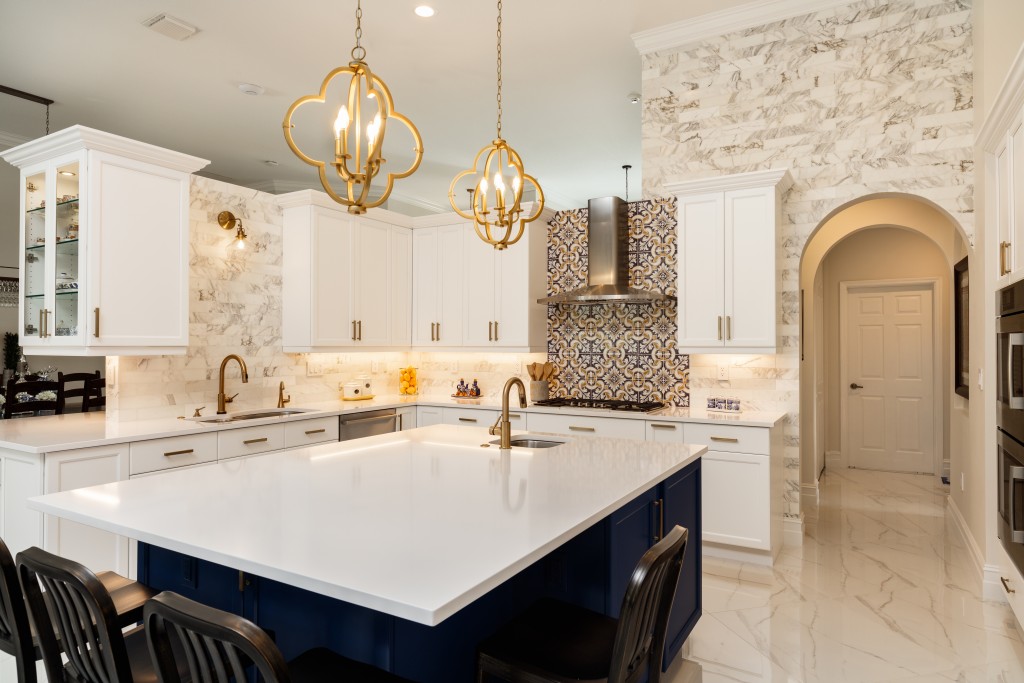Countertops are the heart of any kitchen. It’s where most of the action happens, from food preparation to dealing with the dishes. Constant use takes a toll on your countertop, and regular maintenance is essential in keeping it in its best condition. However, there’s no single rule on countertop maintenance, and different materials have varying requirements.
Quartz
Quartz is the most popular choice for solid stone countertops. It requires very little maintenance because it is non-porous and heat-resistant. However, quartz can quickly fade or discolor when exposed to the sun, especially if your kitchen has large glass windows that expose it to UV. Just a few weeks of exposure can leave your countertop permanently discolored. While blinds and curtains can be useful in blocking direct sunlight, applying colorless UV-filtering film to your windows is a better option. Window films can last up to 25 years, and most manufacturers guarantee the first 10.
Granite
Unlike quartz, granite is porous. Colored liquids like wine or soda can seep into granite and create stains. A sealing agent is usually applied to granite to make it waterproof. You’ll need to apply sealant every 1-3 years, depending on the use of your countertop. Granite can be resistant to heat. However, its sealant isn’t. Avoid placing hot pans or pots on your granite countertops to avoid the need for resealing. Exposure to UV can also cause discoloration in granite so take the same measures as you would quartz.
Steel
Stainless steel countertops require very little maintenance. They are non-porous, heat-resistant, and easy to clean. Although steel can take a lot of punishment, it can still get dented if you’re not careful, and scratch marks can be unavoidable. Light scratches can be dealt with by rubbing or buffing, but deeper scratches will require a bit of sanding and polishing. Although the first few scratch marks can be irritating, they do not impede the functions of your countertop in any way.
Butcher’s Blocks

Wooden countertops require the most care and maintenance. Their softer surface makes them vulnerable to deep scratches that can retain moisture and become the breeding ground for germs, so make sure to use a cutting board at all times. Avoid direct contact with hot pans or pots because heat will damage and discolor your countertop. Wooden countertops are porous and vulnerable to stains without proper sealing. Moisture can be damaging to wood, so make sure your counter is regularly sealed to maintain waterproofing.
Tiled
Whether brought about by nostalgia or simply the need to break the mold, tiled kitchen countertops are on a comeback. Modern tile countertops are usually made from ceramics, but quartz and granite tiles are also available. Grout or tile lines need to be properly sealed for adequate waterproofing. Tile lines need to be resealed every six months, but the work can easily be done without professional help.
No matter what countertop you have in your kitchen, proper care is essential. Note the vulnerabilities of your countertop as well as its maintenance requirements.

